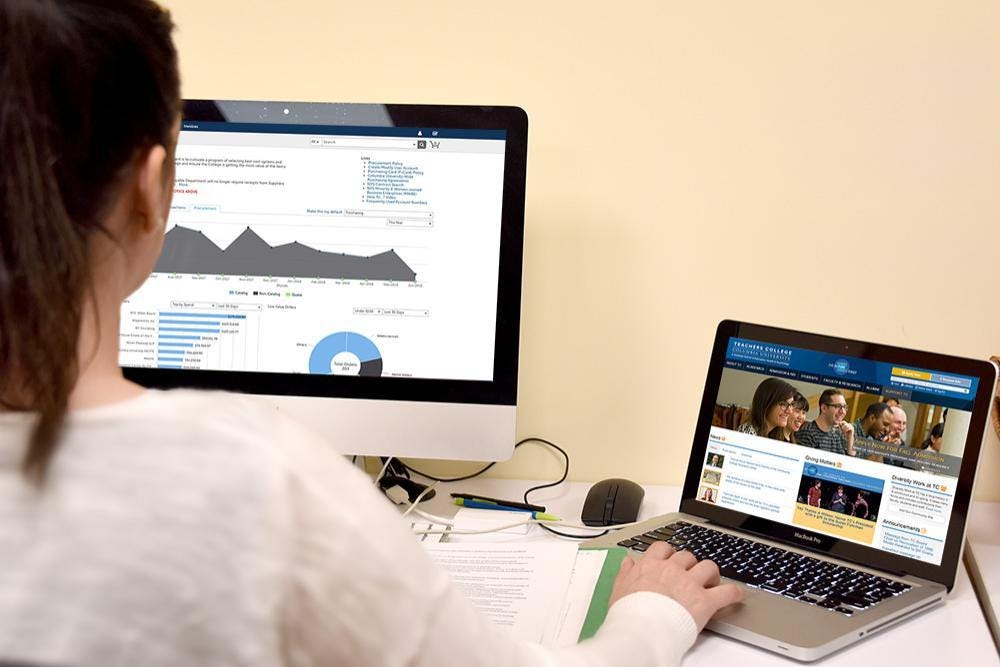What’s next for Higher Education? Corporate Sponsored Universities
The most important thing we can do is show students the linear path to their first job

In today’s world the most important thing we can do is show students the most linear path from high school to their first job.
However, the current higher education system is not set up to get students into the workforce at mass.
So, what needs to happen to solve for the massive amount of students graduating without the skills needed to get a job? Corporate sponsored universities.
Higher education is being dramatically disrupted before our eyes and this shakeup is opening up an opportunity for corporations to play a heavy hand in the future of what students learn. Why? Well before COVID, college students were already feeling unprepared for the workforce post-graduation: research showed that 35% of students felt that college did not prepare them for the working world. And that was all before the world fell apart.Now, in a quarantine world grappling with economic recession, students are concerned more than ever with getting their first job. This creates an environment where students care more about learning what they need to be employed then they care about a name brand college degree (read more in my latest interview in SocratesPost College grads are unprepared for the workforce). So, what do I mean by corporations getting involved in what students learn? I’m talking about companies open sourcing the tactical skills students need to be employed and making their own branded universities and curriculum.
Why do we need corporations to play this role vs universities?
Because universities don’t teach “new economy skills.” Aka you can’t learn how to be a robotics engineer in college because the realities of that job are rooted in new technology and the lag time colleges have in making courses around the latest skills is vast
Students want jobs more than they want degrees
Shortening the time for employment means more money for Americans, less unemployment, and more productivity for corporations. Literally, everyone wants that
Presently, there are two ways corporations can impact the “what” that students learn. The first is to socialize students of younger ages in the themes of their workforce, so that students are more aware of the skills needed to pursue a career in that particular field. Companies will do this not only to expose students to the skills, but also so that students will think those jobs are cool. For example, Honda sponsors middle school science fairs. They do this so more students grow up with an understanding of what they need to be a good engineer, but also so students of diverse backgrounds grow up aspiring to be a Honda employee. Think back to how many kids said they wanted to be an astronaut after they saw the first man walk on the moon. 🚀
I predict we are going to see a new set of K-12 educational programs (like science fairs, competitions, scholarship contents) sponsored by big companies and I bet the companies involved are those doing the most hiring in entry level jobs that require “new economy skills.”
The second way corporations will get involved in what students learn is to build their OWN SCHOOLS. A VC recently asked me when I thought there would be a Google University. The answer is, they are already on their way. Google has built a certificate program designed to be the college equivalent for students pursuing certain roles in technology. But this is just the beginning. What I predict happens next is that companies build their own proprietary education, delivered remotely, and try to attract students right out of high school with the promise of a job after graduation. A degree is only as valuable as the employment students get on the other side, so in our lifetime we will see things like “Google University” be regarded as more important than Harvard. I also predict that many of the large edtech companies will partner with these companies to deliver this alternative higher ed experience.
The future of higher ed is going to change more over the next few years than ever before, and with corporate universities, better employment numbers will be the bi-product.



